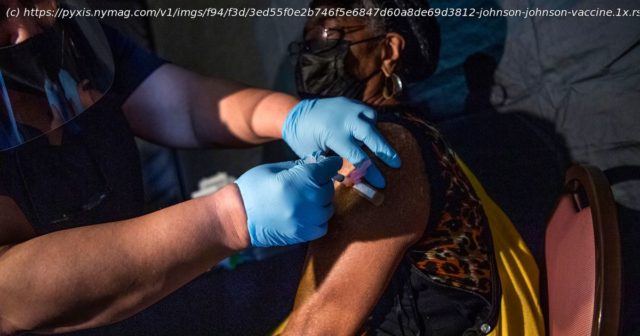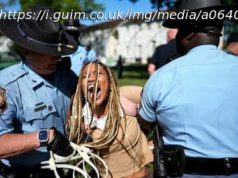Europe faced a similar problem over a shot and clots, but the idea of hesitancy itself has come under fire for being a misleading catch-all.
Almost as soon as scientists began working on vaccines against COVID-19, public-health experts began to worry about “vaccine hesitancy,” the refusal or reluctance of people to get a shot. While the U.S. vaccination program is a roaring success judging by the more than 3 million shots administered each day, hesitancy has been considered a threat to the goal of inoculating enough people to achieve herd immunity and tame the coronavirus once and for all. Those fears about the problem of hesitancy have been heightened following reports of rare but serious blood clots in at least six women who received the Johnson & Johnson shot out of a total of 7 million people. Federal regulators paused the shot “ out of an abundance of caution” on Tuesday and convened an emergency meeting of experts on Wednesday to study the phenomenon. “We believe these events to be extremely rare,” CDC director Dr. Rochelle Walensky said in a White House press briefing before the meeting. “But we are also not yet certain we have heard about all possible cases, as this syndrome may not be easily recognized as one associated with the vaccine.” It’s too early to tell whether the pause of the Johnson & Johnson shot will fuel reluctance to take the vaccine, but Europe’s AstraZeneca fiasco could provide some answers. In March, several European countries suspended use of the shot over concerns about the same type of dangerous blood clots in the brain. The two may be linked: AstraZeneca and Johnson & Johnson’s shots use the same type of harmless virus, unlike Pfizer and Moderna’s shots. AstraZeneca’s vaccine has not yet been approved for use in the U.S. In mid-March, after France paused the AstraZeneca shot, a poll suggested that only 20 percent of those surveyed said they trusted that vaccine, compared to 52 percent who expressed confidence in Pfizer’s shot.
Home
United States
USA — Science What We Know About the Johnson & Johnson Pause and Vaccine Hesitancy






